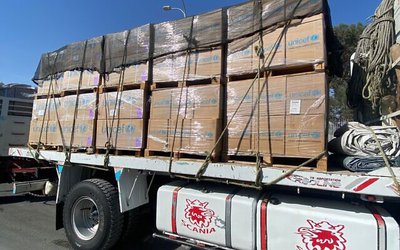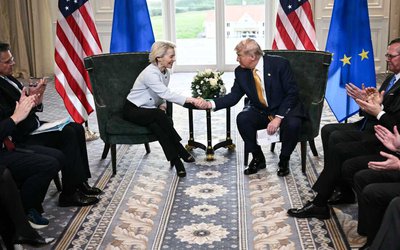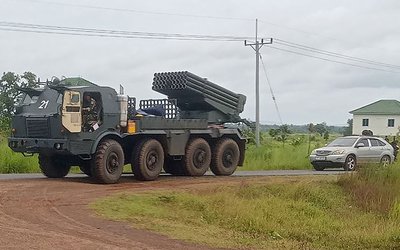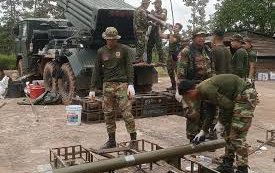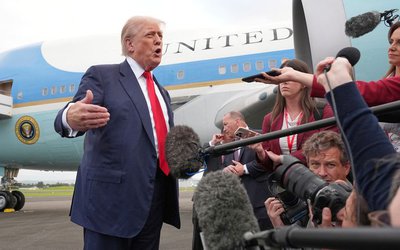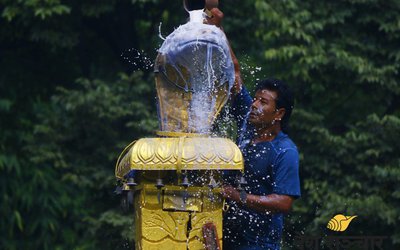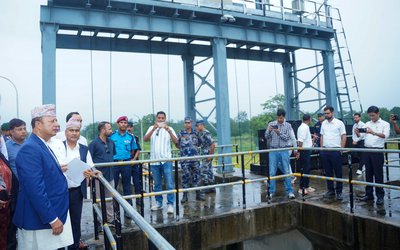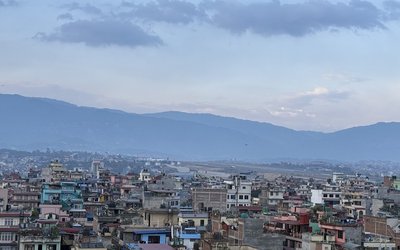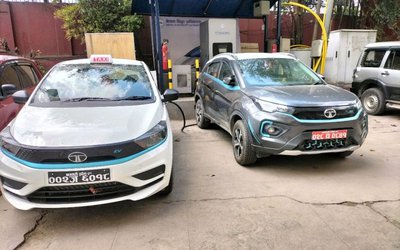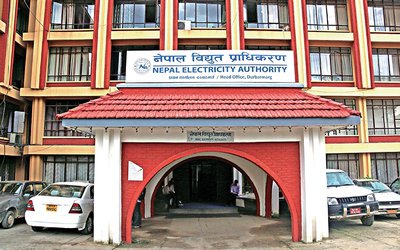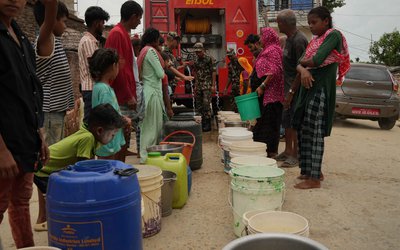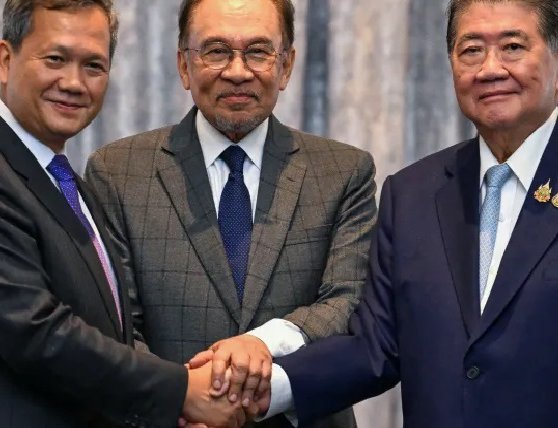
A ceasefire agreed between Thailand and Cambodia has come into effect, bringing clashes that continued for days along their disputed border to a halt.
The fighting between Thai and Cambodian forces erupted on Thursday. More than 30 people, including civilians, were reportedly killed, while 300,000 people were forced to evacuate.
On Monday, Thailand's acting Prime Minister Phumtham Wechayachai and Cambodian Prime Minister Hun Manet held peace talks mediated by Malaysian Prime Minister Anwar Ibrahim. His country serves as this year's ASEAN chair.
Anwar on the same day announced that the two countries agreed on an "immediate and unconditional ceasefire."
The truce went into effect at the beginning of Tuesday, local time. Since then, no clashes have been reported in the border areas.
US President Donald Trump strongly pushed the Thai and Cambodian leaders for a ceasefire by bringing up tariff negotiations. The deal was signed as representatives from the United States and China took part in the peace talks.
Military commanders from the two sides are holding informal talks on Tuesday, and officials from the two governments are due to meet to discuss borders.
The focus now is on whether the two countries can ease tensions, as both sides have maintained their stance of not making concessions on territorial rights in border areas.
- Trump to move up Russia's ceasefire deadline
- Jul 29, 2025
- Isreal Announces Humanitarian Pause In Gaza Strip, Jordan And UAE Dropped Relief Materials
- Jul 28, 2025
- Trump says US, EU agree on 15% tariff
- Jul 28, 2025
- Trump says Thailand and Cambodia agree to ceasefire talks
- Jul 27, 2025
- Thai-Cambodia border clashes widen
- Jul 26, 2025

